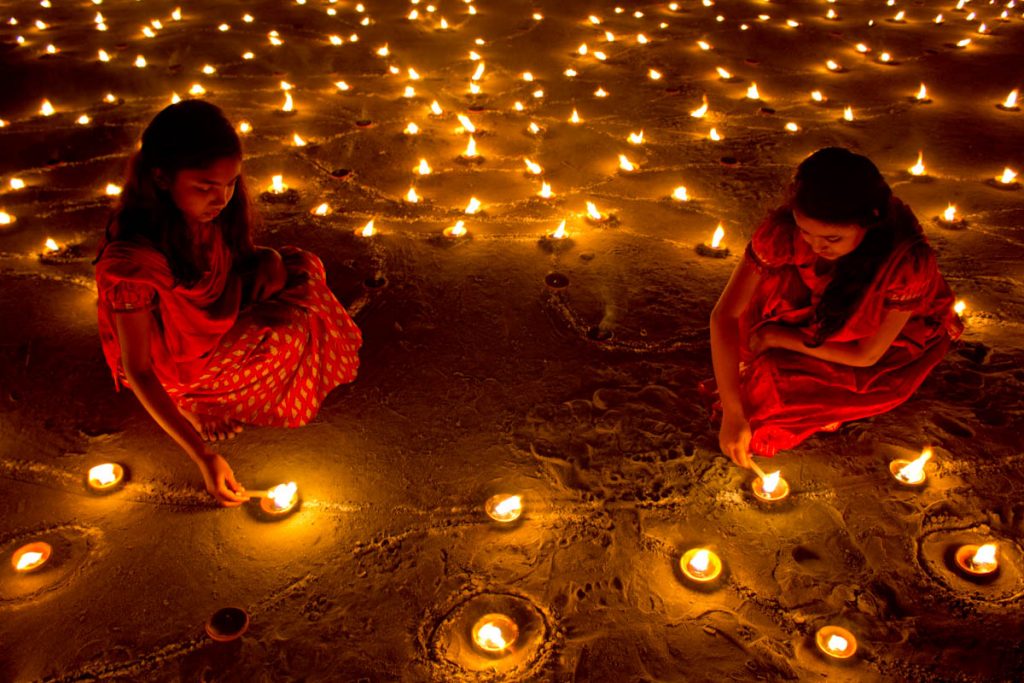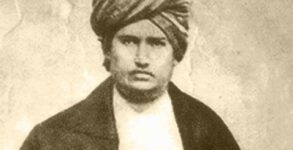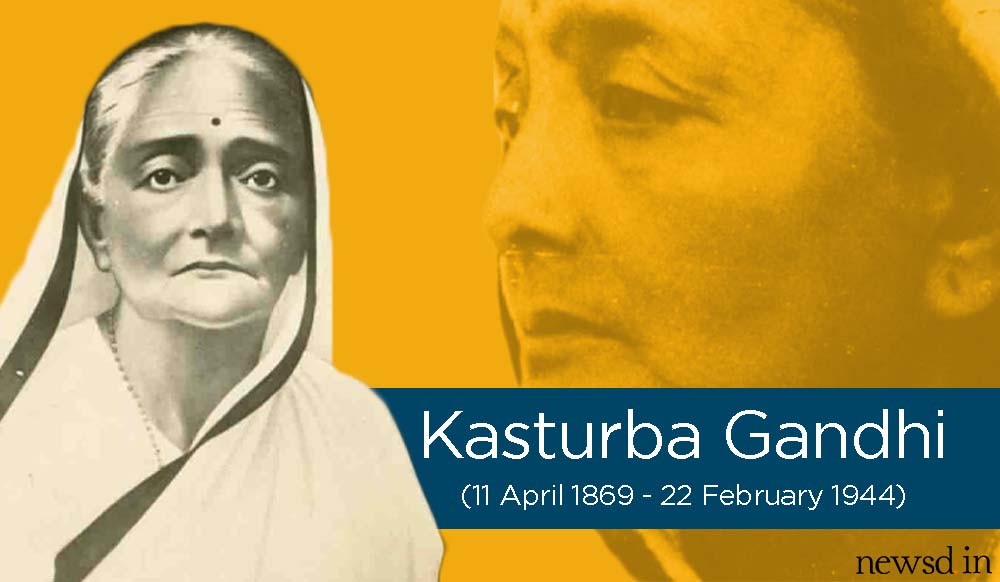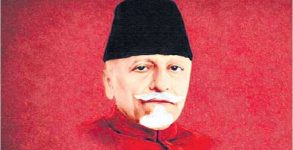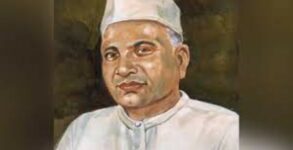Diwali 2018: One of the most popular festivals of Hinduism, Diwali, is celebrated every autumn to mark the victory of light over darkness, good over evil and knowledge over ignorance.
The name of the festival comes from the Sanskrit word Deepavali, meaning row of lights.
Diwali is known as the ‘festival of lights’ because houses, shop, and public places are decorated with small earthenware oil lamps called Diyas. These lamps, which are traditionally fueled by mustard oil, are placed in rows in windows, doors and outside of buildings to decorate them.
Also Read: Snowfall in J&K, Himahcal, good sign for Delhi’s air before Diwali
Floating oil lamps in river Ganges during this festival is considered as a good omen if the lamp manages to get all the way across. Fireworks are also a big part of the Diwali celebrations, although some Sikhs prefer not to use them because of noise, atmospheric pollution and the risk of accidental deaths and injuries.
The significance of Diwali for Sikhs
For Sikhs, Diwali is particularly important because it celebrates the release from prison of the sixth guru, Guru Hargobind, and 52 other princes with him, in 1619.
According to the Sikh tradition once, Emperor Jahangir had imprisoned Guru Hargobind and 52 princes. The Emperor was asked to release Guru Hargobind which he agreed to do. However, Guru Hargobind asked that the princes be released also. The Emperor agreed but said only those who could hold onto his cloak tail would be allowed to leave the prison. This was in order to limit the number of prisoners who could leave.
However, Guru Hargobind had a cloak made with 52 pieces of string and so each prince was able to hold onto one string and leave prison.
Sikhs celebrated the return of Guru Hargobind by lighting the Golden Temple and this tradition continues today.

